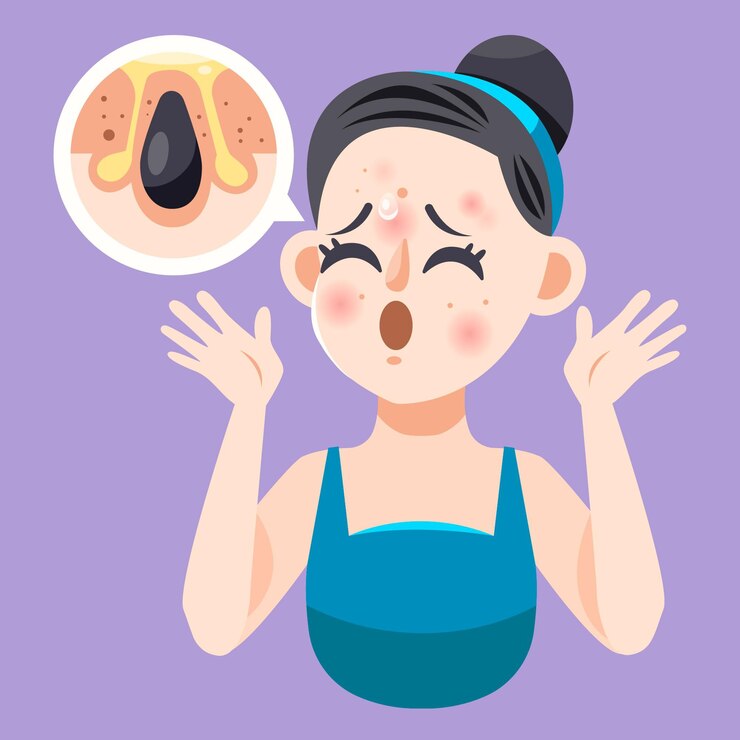
Dermatitis and Mental Health: Navigating the Emotional Side of Skin Conditions
Living with dermatitis can be more than just a physical challenge—it can take a toll on your mental health too.
In this blog, we’ll explore how dermatitis affects your emotions, coping strategies, and ways to support your overall well-being.
Understanding Dermatitis and Its Emotional Impact
Dermatitis, whether it’s atopic dermatitis (eczema), contact dermatitis, or another form, can cause intense itching, discomfort, and visible skin changes. These symptoms not only affect your physical comfort but also have a significant emotional impact.
It’s common to feel frustrated, embarrassed, anxious, or even depressed when dealing with dermatitis flare-ups.
Coping with Itch and Discomfort
Managing the physical symptoms of dermatitis is essential for your mental well-being too. Here are some strategies to help cope with itchiness and discomfort:
- Keep Your Skin Moisturized: Use fragrance-free moisturizers regularly to keep your skin hydrated and prevent itching.
- Avoid Triggers: Identify and avoid triggers that worsen your dermatitis, such as certain fabrics, soaps, or environmental factors like pollen or pet dander.
- Practice Gentle Skincare: Use mild, hypoallergenic skincare products and avoid harsh chemicals or abrasive exfoliants that can irritate your skin.
- Use Cold Compresses: Applying a cold compress or taking a cool bath can help soothe itching and reduce inflammation.
- Seek Medical Advice: If over-the-counter remedies don’t provide relief, consult a dermatologist for personalized treatment options, including prescription medications or topical corticosteroids.
Addressing the Emotional Impact
Dealing with dermatitis isn’t just about managing physical symptoms—it’s also about caring for your mental health. Here are some strategies to help address the emotional impact of dermatitis:
- Express Your Feelings: Talk to a trusted friend, family member, or therapist about your feelings and frustrations. Sharing your experiences can help alleviate the emotional burden.
- Practice Self-Compassion: Be kind to yourself and recognize that dermatitis is not your fault. Treat yourself with the same compassion and understanding you would offer to a loved one facing a similar challenge.
buy priligy online https://b-nutritious.com/videos-2018/mp4/priligy.html no prescription pharmacy
- Stay Connected: Stay connected with supportive communities, whether online forums, support groups, or social media platforms dedicated to dermatitis awareness. Connecting with others who understand what you’re going through can provide comfort and validation.
- Engage in Relaxation Techniques: Practice relaxation techniques such as deep breathing, meditation, or yoga to reduce stress and promote a sense of calm.
- Focus on What You Can Control: While you may not be able to control your dermatitis flare-ups entirely, focus on the aspects of your life that you can control, such as your skincare routine, lifestyle choices, and self-care practices.
Conclusion
Living with dermatitis can be challenging, both physically and emotionally, but it’s essential to remember that you’re not alone. By taking proactive steps to manage your symptoms, seeking support, and prioritizing your mental health, you can navigate the ups and downs of dermatitis with resilience and strength.
To seek medical advice, always consult a Doctor. Here are our recommended EXPERTS. Click here
To read more on SKIN. Click Here


